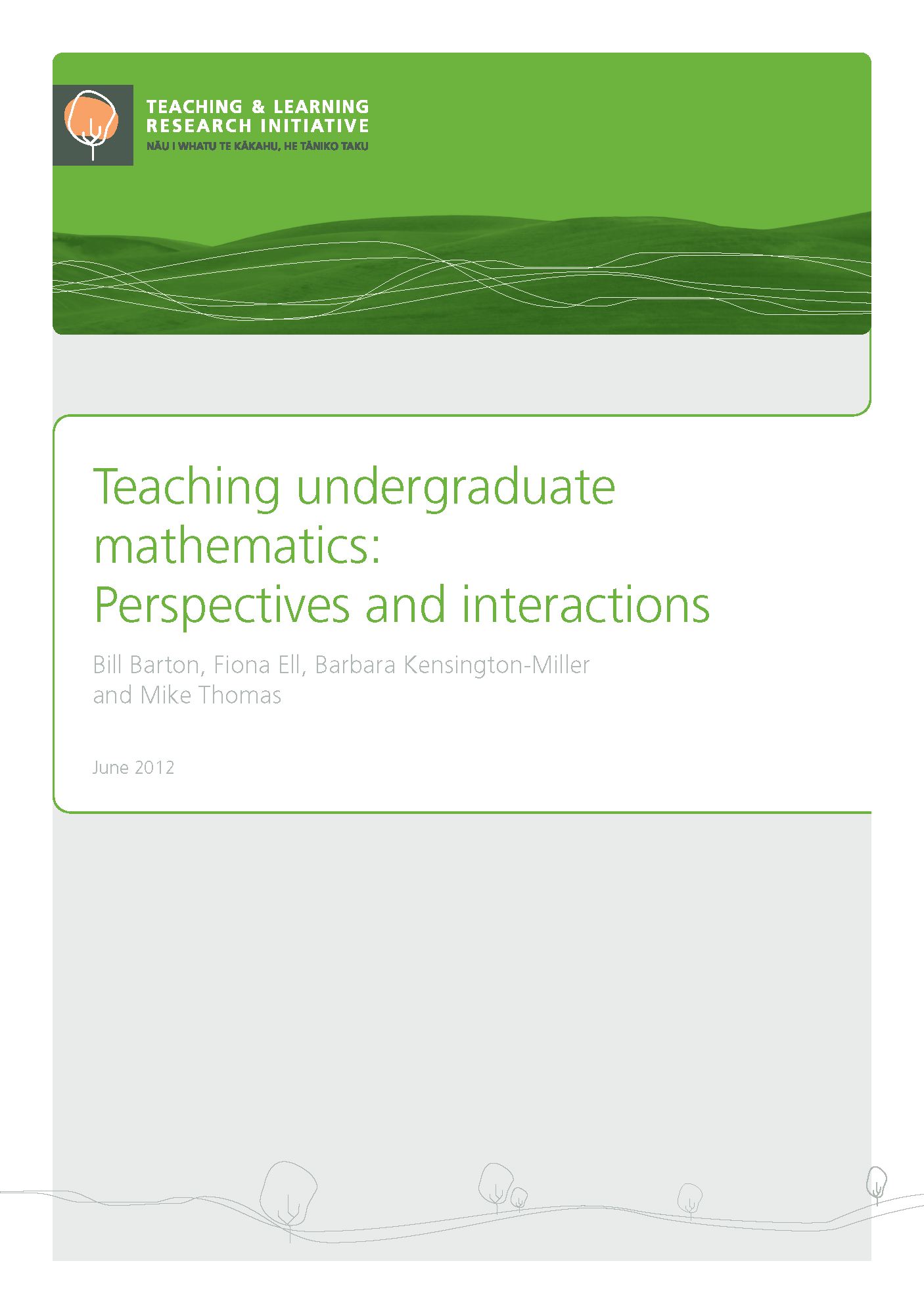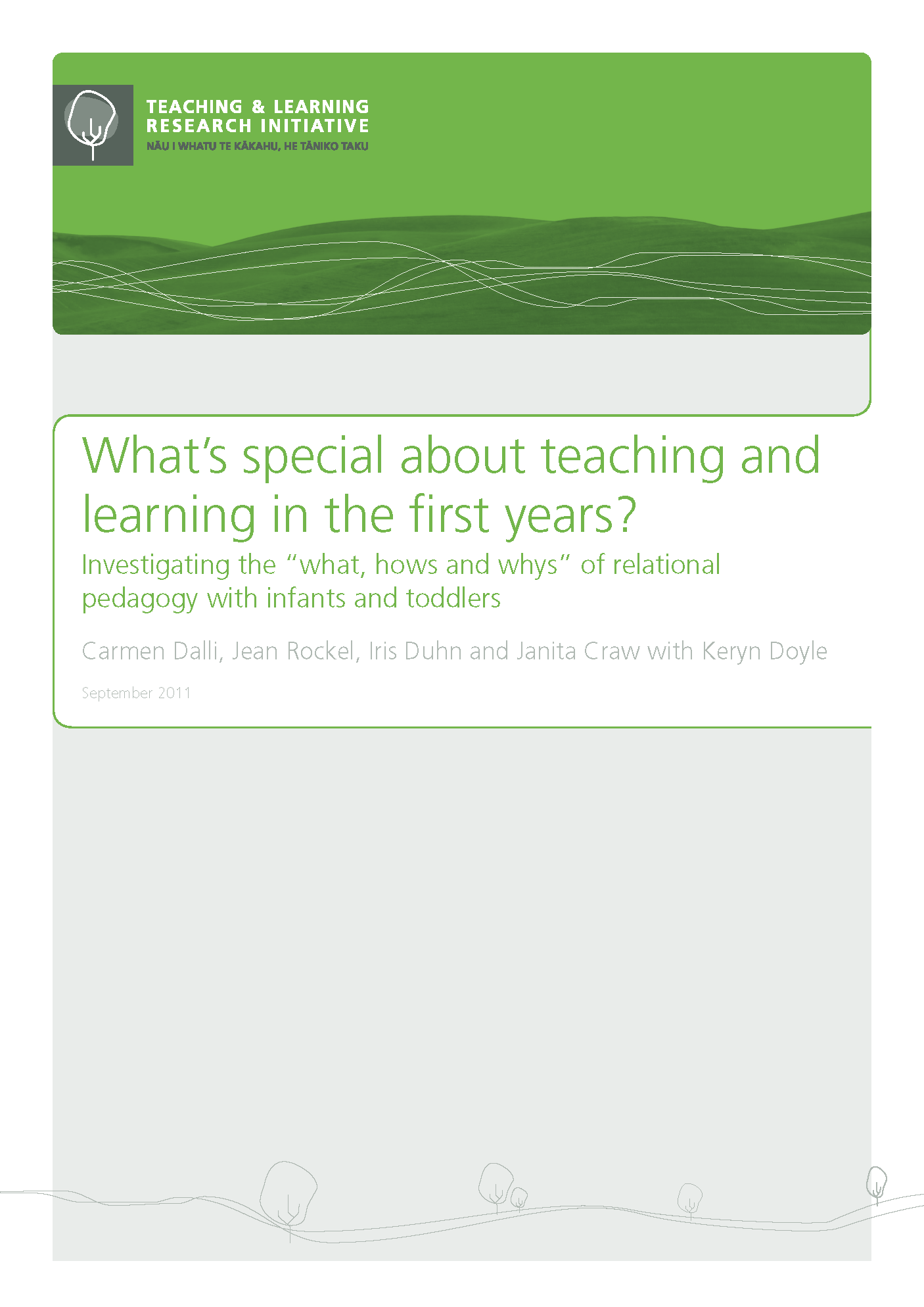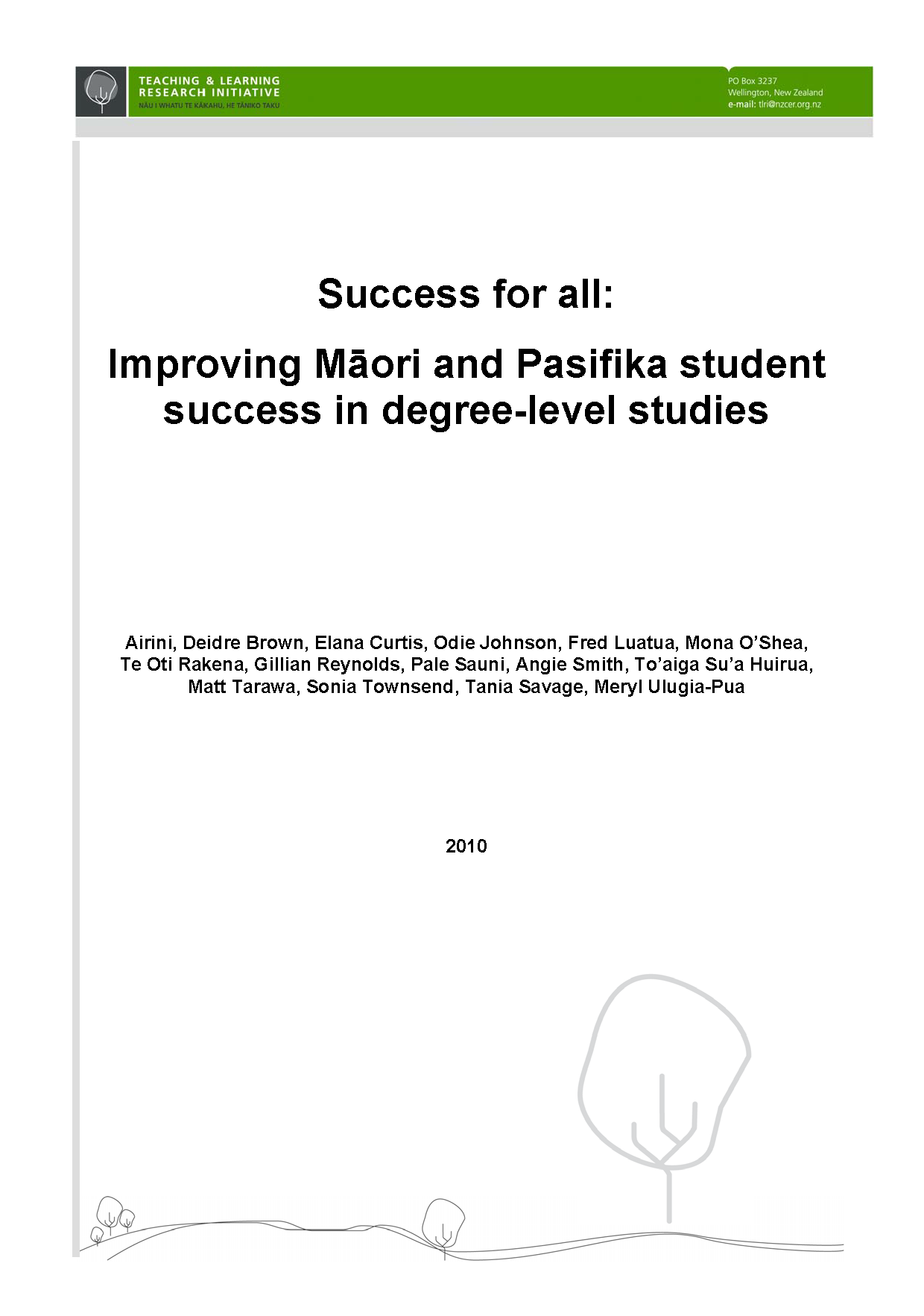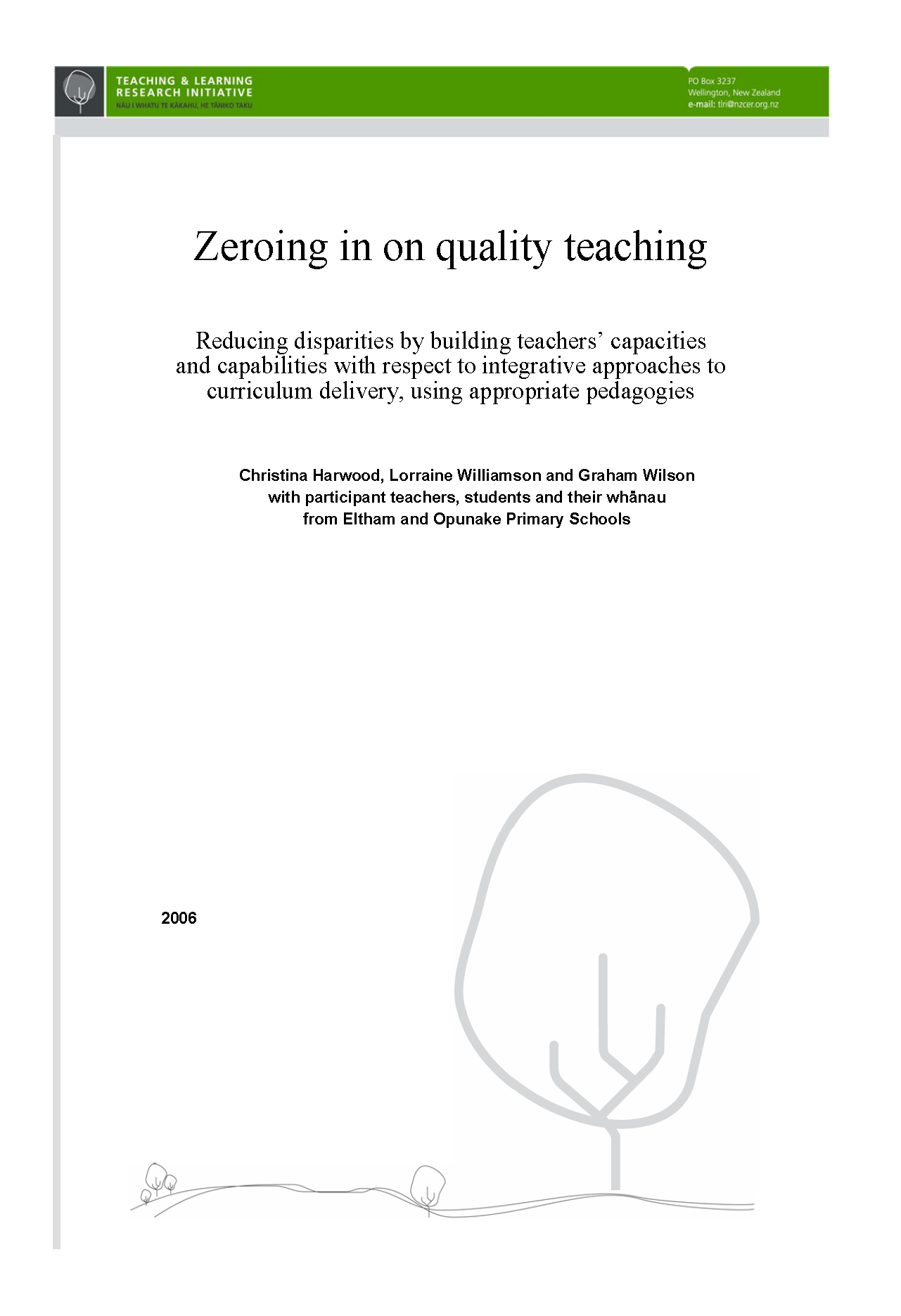
Teaching undergraduate mathematics: Perspectives and interactions
The high demand for mathematics in undergraduate education means that large numbers of students enrol in the subject. Lecturing remains the prime delivery mode for teaching such courses. We addressed undergraduate mathematics’ lecturing through three components: lecturers and their development; student perspectives on mathematics; and interactions in the lecturing environment. We used theoretical frameworks from secondary contexts, developing them for tertiary application. This research aimed to improve the didactics of lecturing, and builds on studies on school/university transitions. Key findings Lecturer professional development based on Schoenfeld’s framework positively influenced lecturing practice in a way acceptable to lecturers. Students believe that learning mathematics involves natural ability; and that it is a subject




